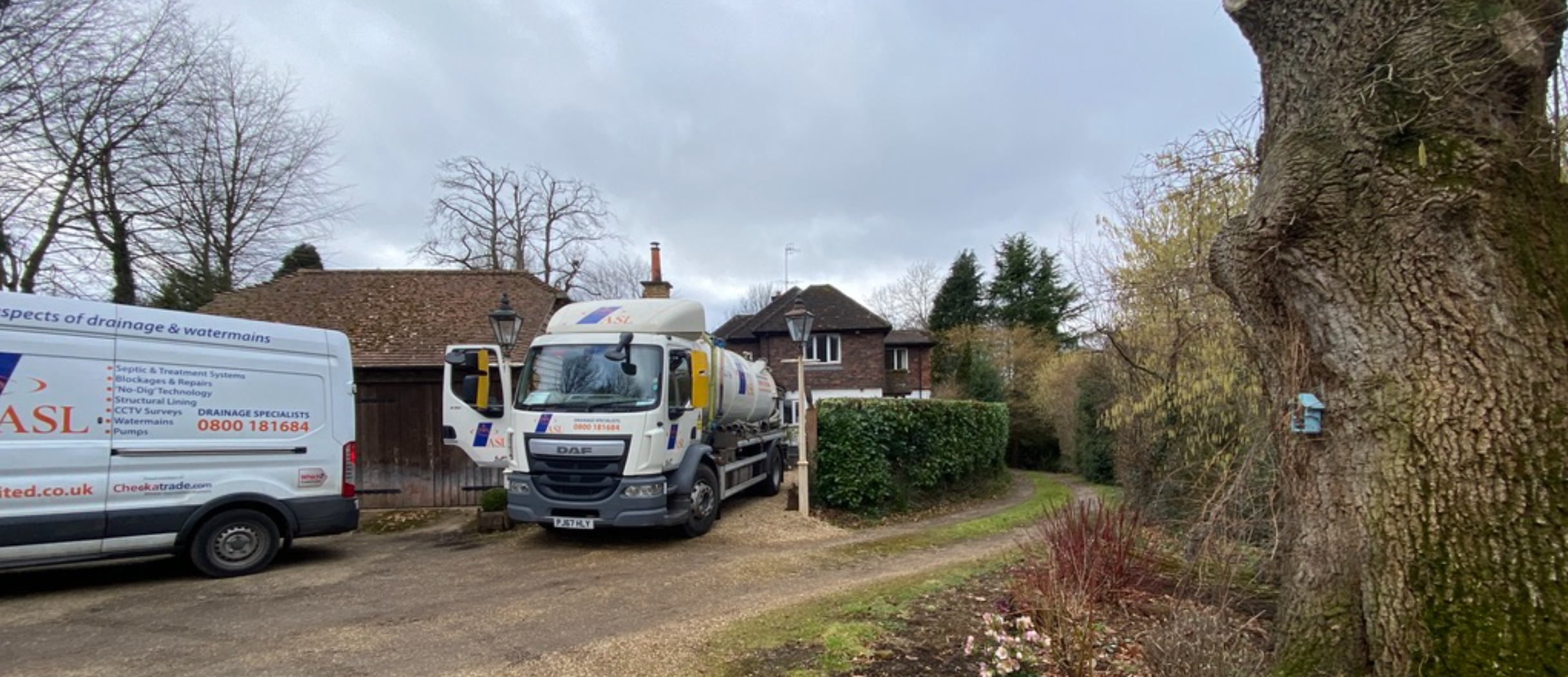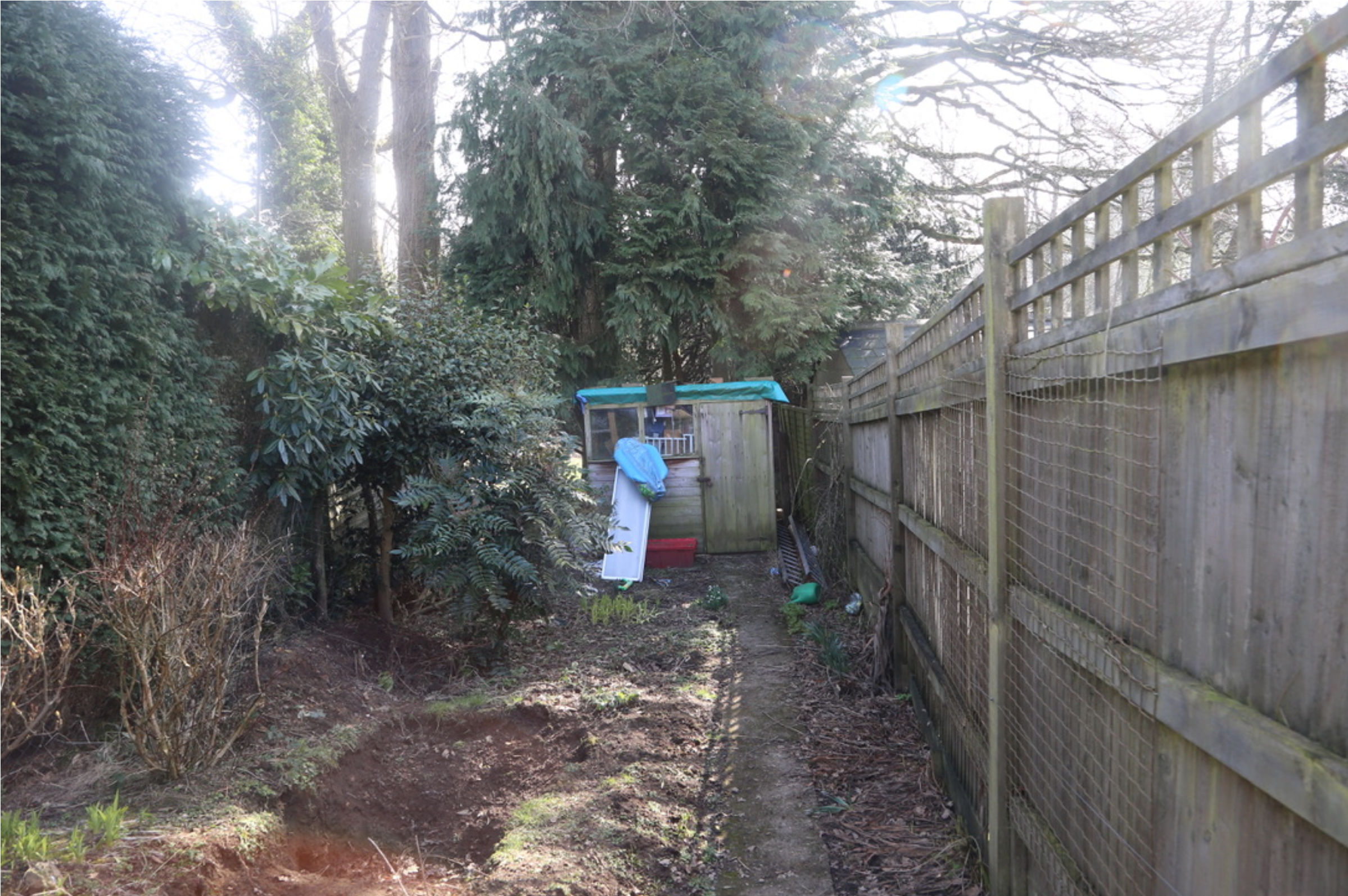Case Study | Regulatory boundaries for your private sewage system
Dear householder
Further to your request, we have scheduled our waste tanker and high-pressure jetting unit to attend on 3rd March 2019 to empty the tank and jet the soakaway. We are also due to attend the site on Monday, 19th March to excavate a test hole and carry out further investigations.
There are signs of fat and grease entering the sewage system.
There needs to be more space between the property and the boundary to install a new drainage field to serve the septic tank in line with building regulations and guidelines. We would therefore advise that you liaise with your local building regulations officer for them to advise on what they would deem to be acceptable.

Depending on their recommendations, it may also be necessary to apply for a permit to discharge from the Environment Agency. If the suggestions do not meet the General Binding Rules. You may not be allowed a septic tank.
It is possible that if a non-standard infiltration system for foul waste is required (i.e. Any type of soakaway or discharge point to the ground that is not a drainage field), then you may need to upgrade your septic tank to a packaged treatment plant.

A treatment plant treats the effluent to a much higher standard than a septic tank, which has minimal treatment; a septic tank needs light and plenty of aerated soil to allow secondary treatment in the ground.
The treatment plant treats sewage water before it discharges into a drainage field, and can be discharged to surface water.
As the operator of a private sewage system, it is your responsibility to ensure that your system complies with the General Binding Rules or has a permit to discharge from the Environment Agency if it does not comply with the standard rules.
When selling your property, you must provide information on the private sewage system to the new owners, as per the General Binding Rules (rule 13):
‘If a property is sold, the operator must give the new operator a written notice stating that a small sewage discharge is being carried out and giving a description of the wastewater system and its maintenance requirements.’
Further references and links, information on the General Binding Rules and relevant Building Regulations can be found below.
REFERENCES / LINKS
Building Regulations (2015), document H (Pages 29-38 for part H2, private sewage systems):
General Binding Rules:
We trust that the above meets with your approval. If you would like to book in a House Purchase Survey please contact this office 0800181684
SURFACE WATER WARNING
Please note that ASL Ltd is not liable for any surface water entering the system. If surface water / rain water can enter the tank, this can cause further problems with separation / treatment. If the water enters in a surge, such as during heavy rainfall, or a storm, the incoming water can stir up the first tank, destroying any separation that has occurred in the primary settlement chamber and or any treatment. Without adequate separation, suspended solids and fats can pass through the tank, and on through to the discharge point, where they can coat the surface, causing environmental damage and pollution. If you suspect that this is a problem, we advise that the drains are checked by conducting a CCTV drain survey, and any surface water gullies and down pipes are tested to see if they discharge into the foul drainage system. Please contact us on 0800 181684, to arrange to carry out this work.

